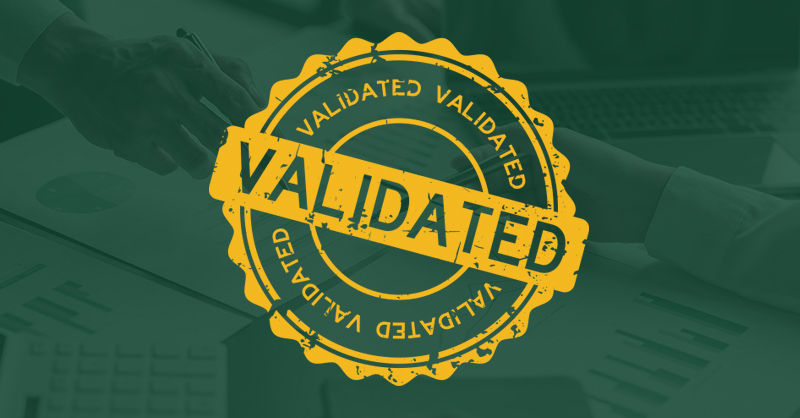CECL Model Validation for Credit Unions: Compliance, Accuracy, and Continuity
In our evolving world of financial services, credit unions must adapt to a complex, transformative regulatory landscape. Among key requirements set down by the Federal Financial Institutions Examination Council (FFIEC) is the need for rigorous model validation. Whether a credit union uses models for risk management, credit assessment, or financial forecasting, the FFIEC mandates that these models must undergo continuous validation to ensure their reliability and effectiveness. Sheila Balzer, Lead Audit Partner at SingerLewak CU Service Group states, unequivocally, “Credit unions using a CECL model, must have it independently validated, and that is where SingerLewak can step in.”
Why is Model Validation Important?
Models are essential tools in modern financial institutions, predicting outcomes, assessing risks, and guiding decision-making. The accuracy and reliability of models can deteriorate over time because of changing market conditions, new regulations, or shifts in consumer behavior. Inaccurate models can lead to poor decision-making, exposing a credit union to significant financial and reputational risks.
The FFIEC’s guidance is clear: model validation is not a choice, it’s a directive. It’s not a one-time event but an ongoing process. The process involves a comprehensive assessment of the model’s performance, including an evaluation of assumptions, inputs, and outputs. Validation on an ongoing basis ensures that credit union tools remain aligned with the realities of the market and the needs of their members.
Key Components of Model Validation
The FFIEC outlines critical components that must be addressed during model validation. These include:
- Conceptual Soundness: This involves evaluating the theoretical foundation of the model. The model must be based on sound financial principles and appropriate methodologies.
- Ongoing Monitoring: Even after initial validation, models must be regularly monitored to ensure they continue to perform as expected. This includes stress testing under different scenarios to evaluate how the model reacts to extreme conditions.
- Outcomes Analysis: This involves comparing the model’s predictions against actual outcomes to assess its accuracy. If discrepancies arise, the model may need to be recalibrated or adjusted.
- Independent Review: The validation process should include an independent review, typically by an external third party, to ensure objectivity and thoroughness. SingerLewak can fill this role.
Implications for Credit Unions
For credit unions, adhering to the FFIEC’s model validation requirements is not just about compliance—it’s about safeguarding the institution’s financial health. Proper validation helps mitigate risks by ensuring that decision-making is based on reliable, accurate data. It also enhances the institution’s credibility with regulators, members, and other stakeholders. “CECL Model Validation is more than a regulatory requirement, it’s a best practice,” says Sheila Balzer, adding, “Most credit unions are pleasantly surprised to learn how comprehensive and affordable our services are. We are that independent firm you can trust.”





